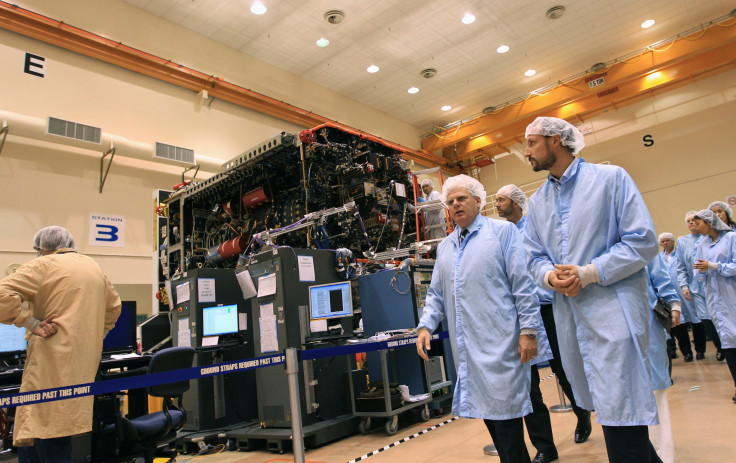Loral Rejects $7B Deal To Sell Itself And Telesat: Reuters

(Reuters) - Loral Space & Communications Inc's efforts to sell itself and its main asset, Telesat Holdings Inc, broke down after the company failed to agree on a potential $7 billion deal with the buyer group, people familiar with the matter said.
Loral rejected an offer from a consortium involving Ontario Teachers Pension Plan and another Telesat shareholder, Canada's Public Sector Pension Investment Board (PSP), which valued Loral at more $80 per share and Telesat at roughly $7 billion including debt, the people said.
Loral, which holds a 62.8 percent economic interest in Telesat and derives almost all of its value from the Canadian satellite communications company, ended Nasdaq trading at $73.17 on Monday, giving it a market value of nearly $1.6 billion.
PSP, which has a 35.3 percent economic interest in Telesat and 66.7 percent of the voting power, was working with Ontario Teachers Pension Plan, which emerged as the preferred buyer after months of a sale process, the people said.
PSP was to roll over part of its Telesat stake toward the buyout, effectively participating as the buyer.
The talks broke down over a very small price gap and the parties are no longer negotiating a deal, the people said, asking not to be named because the matter is not public.
It is not clear what the next steps will be for Loral and its top shareholder MHR Fund Management LLC, which owns a 38 percent stake in the company, or whether the talks could still be resumed in the future.
Representatives for Loral, MHR, PSP and Telesat did not immediately respond to requests for comment. Ontario Teachers declined to comment.
The latest development marks the second time that efforts to sell Telesat failed. Three years ago, Loral and PSP jointly explored the sale of Telesat, seeking as much as $7 billion, but could not agree on a price.
This time, Loral was looking to sell itself, rather than only its stake in Telesat, partly to avoid a big tax bill, according to people familiar with the matter. If Loral were to sell just its Telesat stake, both the company and its shareholders would have been subject to taxes on the proceeds.
Mark Rachesky, who co-founded MHR in 1996 after working for activist investor Carl Icahn for six years, was seen as key to Loral accepting any takeover offer.
With headquarters in Ottawa, Telesat is the world's fourth-largest provider of fixed satellite services, behind Intelsat Global SA, SES SA and Eutelsat Communications SA, according to the company's latest annual report.
Loral and PSP acquired Telesat in 2007 for $3.42 billion from one of Canada's major phone companies, BCE Inc. In 2012, Loral sold its space systems subsidiary to MacDonald, Dettwiler and Associates Ltd, leaving Telesat as Loral's main asset.
© Copyright IBTimes 2024. All rights reserved.











